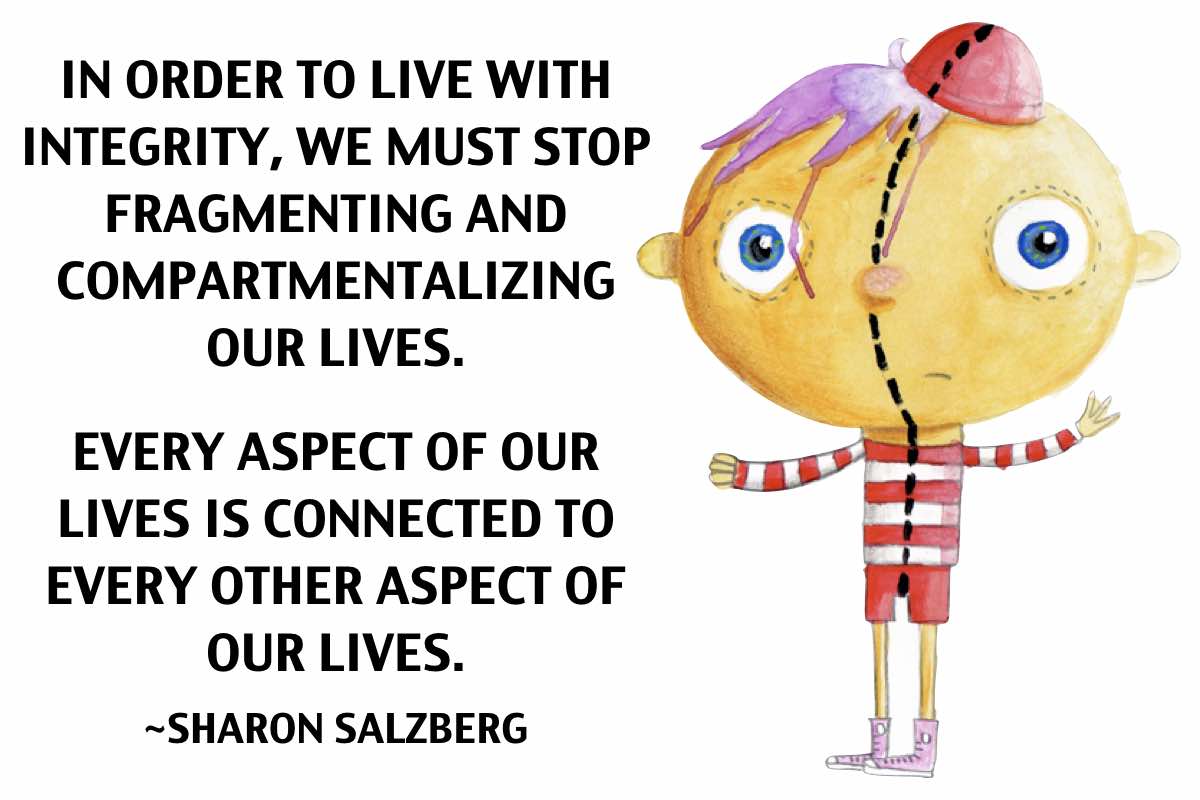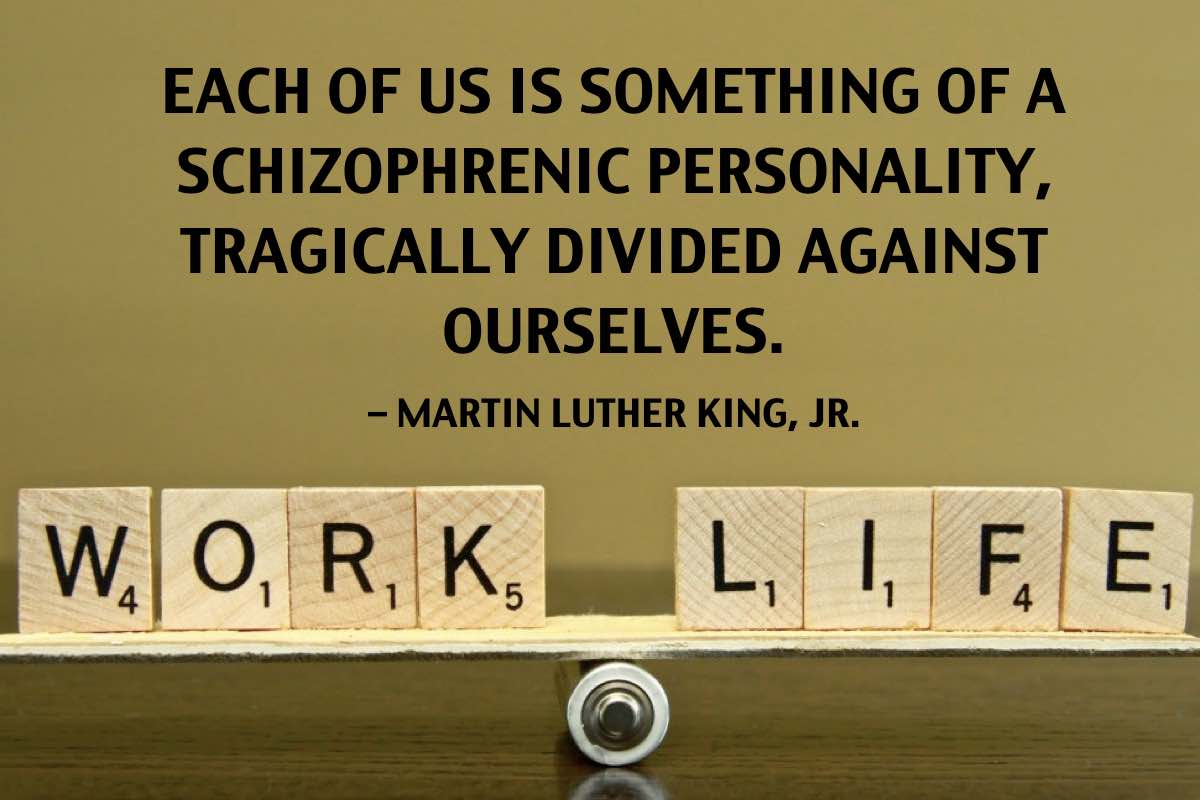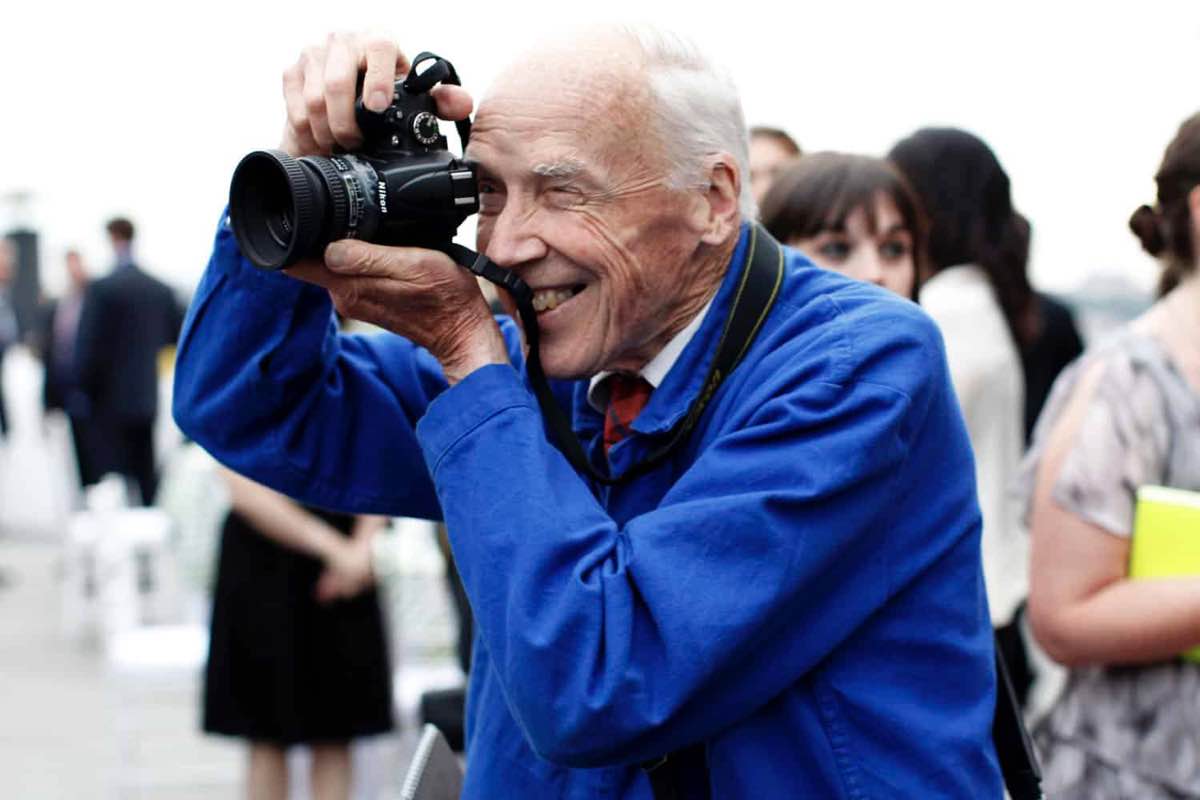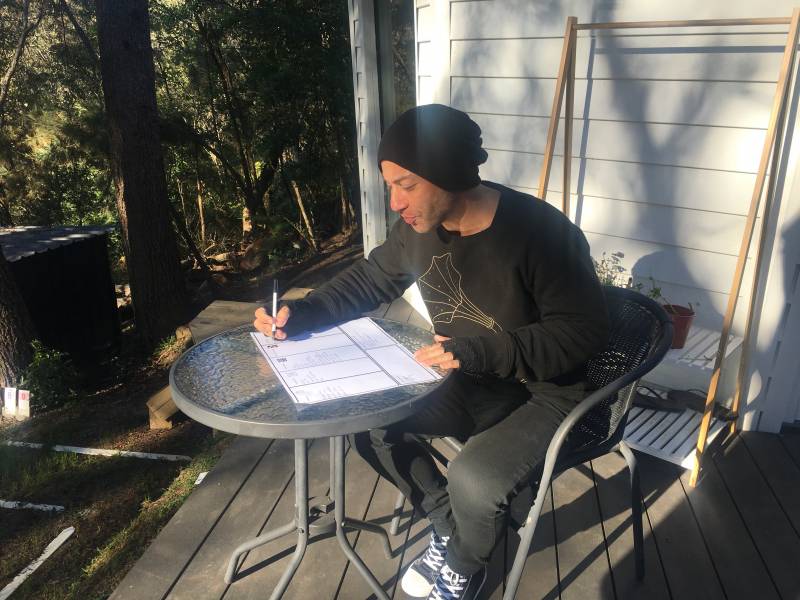Career Retreat

“My employer users twenty-six years of my life for every year I get to keep. And what do I get in return… for my life?” - Michael Ventura
Career Coaching Retreat
Retreat In Order To Advance
Are you one of 80% of Australians who classify yourself as not feeling engaged by your work? It could be worse. In China & Singapore, the figure is 97%.
Why It’s So Hard Finding Your Passion
It’s hard to find your passion when you’re stuck in what is known as a bullshit job.
When I worked as a bank teller my job was a mixture of tedium (endlessly counting cash) and anxiety over whether I would meet my daily sales quote by upselling credit cards and loans. Henry David Thoreau captured the essence of these jobs when he said:
Most people would feel insulted if it were proposed to employ them in throwing stones over a wall, and then throwing them back again, merely that they might earn their wages. But many are no more worthily employed now.

Ever thought... I hate my job, feeling like Sisyphus
Equally disengaging is a burnout role.
When I worked as a caseworker with the unemployed, economic rationalism saw my caseload grow over time. Instead of working intensively with someone to enact change, I was pushed to quickly go through the motions in order to tick off the next client.
So why do we submit to spending most of our lives doing things we get little enjoyment from?
Necessity. Whether we live simply or lavishly, most of us require a certain income.
The seduction of affluence has steadily led people to abandon meaningful work. The initial production of automobiles required expert craftsmen who had developed their skills over many years working with bicycles and carriages. Their work was challenging and demanded a great level of technical proficiency.
But then Henry Ford introduced automation to lower costs. Initially, workers resisted the numbing assembly line roles. Every time Henry Ford wanted to add 100 workers to his factory personnel, it was necessary to hire 963.
Wages had to be doubled to entice people to give up satisfying work to endure monotony.
Fast forward a century.
Jacob Fisker captured the legacy brought about by disconnecting people from their work when he said:
The purchase and consumption of products has become a surrogate for creating and doing. Self-worth and status, then, are not about intrinsic values such as who you are, what you can do, or what you know; they're about extrinsic values like what you can buy, the car you drive, the number of bedrooms and bathrooms in your home, and the price tags on your clothes. Witness the popular shows about highly stylized homes with a TV in every room — TV being a way of consuming your time rather than your money — expensive furniture, and art prints on the walls. Now go and look again, but pay attention to the number of books on the bookshelves, the tools for the hobby projects, the work in progress spread out on the desk. There are none. What empty lives these people must live.

Hate my job but it pays well - The Faustian Bargain
The 1% that counts
When we hear the term 1% we tend to think of the recent movement to rebalance the extreme wealth inequality that exists in most countries. While this is an important issue, it could be argued that rectifying the extreme job satisfaction gap is even more important, as wealth doesn’t have a huge correlation to our overall happiness.
If around 20% of people feel passionate about their work, then the proportion of these people who would do it for free is far smaller.
Professional MotoGP rider Chris Vermeulen once said that motorcycle racing was such a joy for him that if he won the lottery he would continue getting up each day to ride. How many people do you know who would do the same?

Career Workshop
Having started my early career life in the lower levels of job satisfaction I can attest to the tremendous difference it made in my life when I began tuning in to work that felt meaningful and enjoyable. Personally experiencing the enormous difference when I aligned who I am with what I did, inspired me to create a career workshop to help others make the shift.
Rarified Job Satisfaction - the 1%
To frolic means: to have fun; to behave or act playfully; to engage in a lighthearted, playful activity. Richard St John coined his own term, workafrolic, to describe people who are not only passionate about their work but have a great deal of fun doing it.
Richard St John researched successful people for over a decade before distilling his discoveries into a few key findings.
His primary insight? Successful people adored what they did.
Richard was careful to highlight that doing your ideal job doesn’t mean you spend every moment in some ecstatic state. He found the 80/20 rule applied. Around 20% of their time was spent doing mundane or routine elements while 80% was spent in a state of absorption.
How It Feels To Do Rarified Work
Often feeling like play, you look forward to going to work. Your job expresses who you are and allows you to use your talents. It is rare to have a day where you don’t enter the flow state. Your role provides avenues for you to make a difference, delivers personal growth and contributes to your self-esteem. Being integrated, there is little distinction between your work and the rest of life.

Impacts On Your Personal Life
Attaining greater self-actualisation and finding fulfilment in your work makes you more generous and fully present with your loved ones. Your joie de vivre is infectious, magnetising other enlivened people into your life. With less need for unhealthy anaesthetics and with a greater sense of inner peace, your health is optimal, increasing your longevity and resistance to disease.
Malcolm Gladwell spent much of his childhood writing because he found it so enjoyable. He became a journalist for a magazine and then worked as a columnist for a newspaper. After his articles became popular he built upon them to form a book. More than a decade after his foray into writing professionally he asserted that writing has never stopped being fun for him. If only we could all say this.
Sociologist Zygmunt Bauman spoke of the outcome of the job satisfaction disparity we’re experiencing when he said:
Work that is rich in gratifying experience, work as self-fulfillment… in short, work as vocation, has become the privilege of the few, a distinctive mark of the elite, a way of life the rest may watch in awe, admire and contemplate at a distance but experience vicariously.

Member of the 1%. After finding his passion, Bill Cunningham took pictures until his death at age 87.
As the film reviewer, Roger Ebert remarked, “This is a man who seems always delighted.”
During a party that was being thrown for Bill, one of the guests asked why he was working (taking photos) on such an occasion. He responded by saying, “My dear, it’s not work, it’s pleasure.”
Work Retreat
Rethinking Your Career
This career retreat program provides you with an opportunity to reprogram your view of work and the possibilities life offers you.
It can be done in person at our Blue Mountains Retreat Centre or as a self-paced online program where the career counselling and career coaching is done via zoom.








































